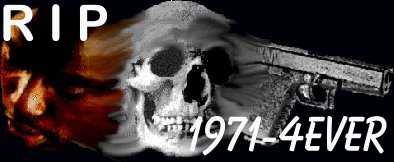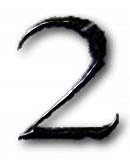




2Pacs Life
A look at Tupac Shakur's life Significant events in the life of Tupac Shakur since 1991:
1991
Shakur achieves individual recognition with the album "2Pacalypse Now," which spawned the successful singles "Trapped" and "Brenda's Got A Baby." As a member of the Grammy-nominated group Digital Underground he appeared on the track "Same Song" from "This is an EP Release" and on the album "Sons Of The P."
1992
Shakur appeared in the Earnest Dickerson film "Juice."
1993
Appeared in John Singleton's release "Poetic Justice" with Janet Jackson.
1994
Release of "Thug Life." Appeared in "Above The Rim." November: Shakur's New York sex assault trial opens. November: Shakur is shot during apparent robbery attempt outside a music studio in New York. December: One day after being shot, Shakur is convicted of sexually abusing a woman he had invited to his hotel room. He is acquitted of sodomy and weapons charges.
1995
Release of "Me Against The World," a multi-million-selling album. February: Sentenced in New York to 4 1/2 years in prison for sex abuse. May: Shakur married longtime girlfriend, Keisha Morris. October: After nearly eight months in prison, Shakur is released on bail while he appeals.
1996
Shakur's fourth solo album, "All Eyez on Me," debuts at No. 1 on Billboard's album chart, goes on to sell about 5 million copies. The song "How Do You Want It California Love" was a top 20 single on Billboard magazine's charts. Acted as a detective in Orion's urban crime thriller "Gang Related." Sept. 7: Shakur shot in Las Vegas. Sept. 13: Shakur pronounced dead at 4:03 p.m. Nov. 5: Shakur's album "Makaveli" is released posthumously.
1997
January: "Gridlock'd" one of the last films Shakur appeared in opens in theaters around the nation. Jan. 27: Shakur was posthumously named favorite rap-hip hop artist at the American Musica Awards. Presenter Brandy accepted the trophy for Shakur's family. Feb. 10: The No. 1 album in the nation this week, the soundtrack to the movie "Gridlock'd," featuring songs by Shakur, among others.